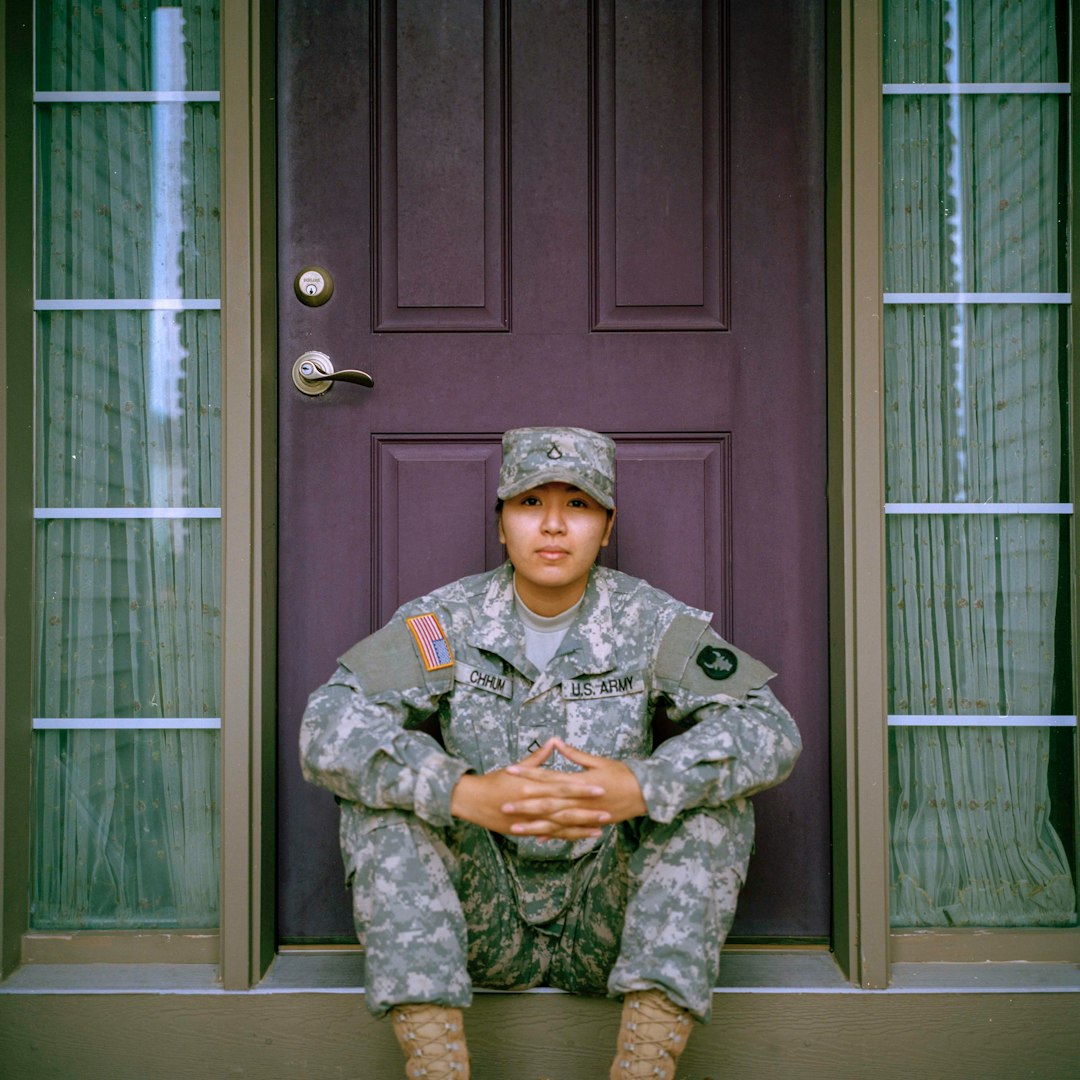As we go through life, we encounter countless experiences. Some may be positive, while others may not be so great. But regardless of the outcome, there’s always something to learn from every experience we have. That’s where the Kolb’s cycle of reflection comes into play.
The Kolb’s cycle of reflection is a four-stage model that helps individuals learn from their experiences. It was developed by David A. Kolb, a renowned American educational theorist who believed that true learning comes from reflecting on our experiences.
The four stages of Kolb’s cycle of reflection include:
- Concrete Experience: This is the first stage of the cycle where an individual has a new experience that is relevant to their personal or professional life.
- Reflective Observation: In this stage, individuals reflect on their experience and try to understand what happened and how it made them feel.
- Abstract Conceptualization: The third stage involves individuals analyzing and processing their experience, trying to make sense of it and understand its significance.
- Active Experimentation: The final stage of the cycle involves individuals taking action based on what they’ve learned from their experience.
The Kolb’s cycle of reflection emphasizes the importance of learning from our experiences and actively seeking to understand and make sense of what we’ve gone through. By going through each of these stages, individuals can gain insights and develop new perspectives that lead to personal and professional growth.
Let’s take a closer look at each of these four stages and how they work together to help individuals learn from their experiences.
Stage 1: Concrete Experience
The first stage of the Kolb’s cycle of reflection involves having a new experience that is relevant to your life. This could be anything from a new job opportunity to a challenging personal situation.
The key to this stage is to fully engage with the experience and be present in the moment. Take in all the details, emotions, and sensations associated with the experience. This makes it easier to reflect on your experience in the next stage.
Stage 2: Reflective Observation
In this second stage of the cycle, individuals reflect on their experience and try to understand what happened and how it made them feel. This involves asking questions like:
- What happened during the experience?
- How did it make me feel?
- What did I learn from the experience?
- How does this experience relate to my personal or professional life?
By reflecting on the experience, individuals can gain insights into their own behavior and thought processes. This can help them identify patterns and areas for improvement.
Stage 3: Abstract Conceptualization
The third stage of the cycle involves individuals analyzing and processing their experience, trying to make sense of it and understand its significance. This involves asking questions like:
- What does this experience mean?
- How does it relate to my personal or professional goals?
- What insights can I gain from this experience?
- What are some possible next steps?
By analyzing and processing their experience, individuals can gain new perspectives and insights, which can lead to personal and professional growth.
Stage 4: Active Experimentation
The final stage of the cycle involves individuals taking action based on what they’ve learned from their experience. This could involve trying out new behaviors or approaches to see how they work in different situations.
By engaging in active experimentation, individuals can test their theories and gain valuable feedback. This can then be used to refine their approach and enhance their personal and professional development.
Conclusion
The Kolb’s cycle of reflection is a simple but powerful tool that can help individuals learn from their experiences. By going through each of the four stages, individuals can gain insights and develop new perspectives that lead to personal and professional growth.
The Kolbs cycle of reflection is a way to learn from your experiences. It has four steps: first, you have an experience. Then you reflect on what happened and how it made you feel. Next, you think about what you learned from the experience. Finally, you use what you learned to make positive changes in your life. By following these steps, you can become a better learner and achieve personal and professional growth.
So next time you have a new experience, take the time to reflect on it. Think about what happened, how it made you feel, and what you can learn from it. By doing so, you’ll be well on your way to becoming a better, more reflective learner.





